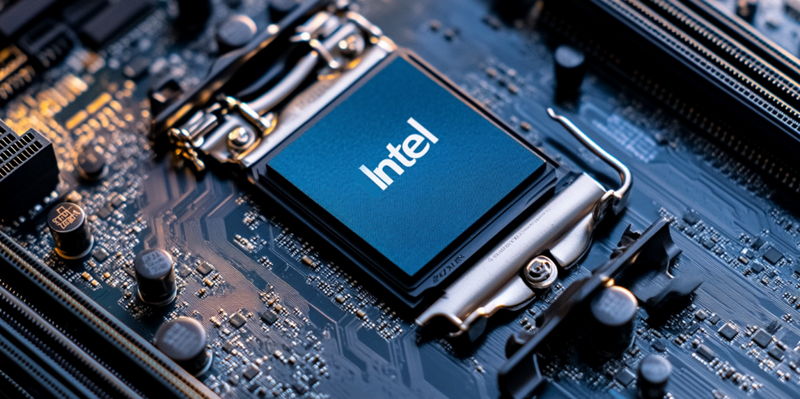Intel has long been a cornerstone of the United States’ technological prowess, especially in the semiconductor industry where it stands as the only American firm with mature semiconductor processes. This unique position underscores the critical nature of the economic troubles it now faces. Over the past several quarters, Intel has grappled with significant financial difficulties, despite reporting better-than-expected earnings for Q3 2024. However, the situation has not seen marked improvement, prompting intervention from the US Commerce Department. While the global semiconductor market grapples with supply chain disruptions and intense competition, policymakers see Intel’s survival as vital to the country’s goal of self-sufficiency in chip production.
The CHIPS Act, designed to bolster domestic semiconductor manufacturing, has been a double-edged sword for Intel. Though promising significant support in the form of $8.5 billion in grants and $11 billion in low-interest loans, delays in fund release have exacerbated Intel’s financial woes. Policymakers in Washington, alarmed by the slow progress and the potential risks to national security, now appear more open to drastic measures such as mergers to ensure Intel’s sustainability. The emphasis on exploring mergers has gained traction, with notable potential partners including Qualcomm and ARM. Qualcomm’s CEO, Cristiano Amon, has acknowledged exploratory talks, which indicates a shift in strategic thinking about how best to support and, if necessary, restructure Intel.
Merging with another major player in the semiconductor industry is not a prospect taken lightly, but Intel’s dire circumstances may well necessitate such an action. Qualcomm, ARM, and even other native companies like AMD or Marvell have emerged as potential candidates for either merger or acquisition. U.S. policymakers and industry experts have pointed to the critical importance of Intel’s foundry division, the future of which could very well determine the fate of the entire company. Given the administration’s apparent approval of preliminary merger talks, there’s a palpable sense that a historic shift in the chip market dynamics could be imminent. The evolving discussions reveal a complex interplay of economic urgency, technological ambition, and strategic maneuvering aimed at securing the United States’ position in global semiconductors.

